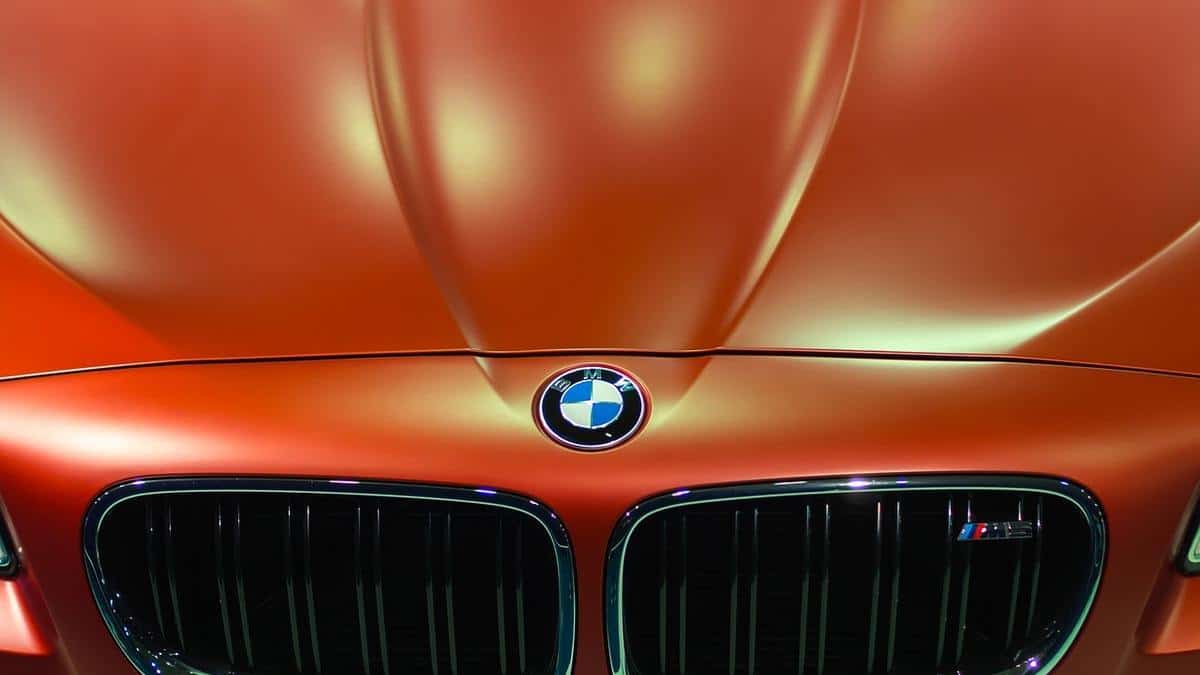German legacy automaker BMW will invest another £600 million to upgrade its existing Oxford factory to support the imminent production of the electric Mini Cooper and the new Mini Aceman, according to the press release.
Notably, this latest announcement will boost the current investment in the UK auto industry to more than £6 billion.
“BMW’s investment is another shining example of how the UK is the best place to build cars of the future. By backing our car manufacturing industry, we are securing thousands of jobs and growing our economy right across the country.”
Prime Minister Rishi Sunak
Investment details
BMW’s plan to retool its Oxford factory will reportedly generate thousands of highly skilled job positions in the country to build the next-gen Mini models.
As mentioned, the upgraded factory will produce the electric counterpart of the iconic Mini Cooper and the new Mini Aceman crossover SUV by 2026.
The move is crucial to ensure the future of the popular model, following the government’s announcement to offer approximately £75 million in subsidies.
In return, the government expects the project to open 4,000 job positions at Oxford and Swindon, where the company produces body panels.
Benefits
BMW’s electric vehicle production and sales surged in previous years, as noted by the Innovation News Network.
The company’s battery electric vehicle (BEV) sales, including the BMW and Mini brands, reached 103,855 units in 2021. It grew by more than twofold to 215,755 units in 2022.
Moreover, BMW has also successfully sold its 500,000th BEV model at the end of last year. Now, it aims to have its BEV offerings contribute at least 20% of its new vehicle sales by 2024.
To achieve that, retooling the Oxford plant is certainly necessary. Moreover, it will need 4,000 highly skilled local workers to support the production of the electric Mini Cooper and Mini Aceman SUV.
In effect, it will significantly boost the UK’s economy. Additionally, it will also aid the government’s efforts in shifting to more sustainable electric mobility and achieving carbon neutrality.
Investments in the UK auto industry
The UK indeed has the potential to advance in the global electric vehicle market. In the past two years, the country secured more than £6 billion in investments from global players.
“The total investment in the UK automotive sector is set to reach over £6bn in just the last two years, ensuring our car industry can look ahead to a bright and successful future under this Government.”
Kemi Badenoch, Business and Trade Secretary
Stellantis recently announced plans to invest £100 million to transform its Ellesmere Port to be the world’s first-ever dedicated to EV production.
Apart from this, other companies also committed to invest in the country, including the following:
- Tata’s £4 billion investment to erect a new battery factory
- Nissan and AESC’s £1 billion EV production center in Sunderland
- Ford’s £380 million EV component factory in Halewood
“The UK has a proud history of manufacturing, and BMW’s investment is a huge vote of confidence in this country as a global leader in electric vehicles. And following Stellantis beginning electric vehicle production at Ellesmere Port, just last week, to Tata’s gigafactory, this industry is motoring, creating thousands of jobs and powering our green transition.”
Chancellor of the Exchequer Jeremy Hunt
See Also:
- BMW to invest £500m for Mini plant upgrade in Britain, including £75m from taxpayers
- BMW to cut UK production of electric Minis and relocate to China
- BMW targets 50,000 EV sales in the US in 2023
- BMW iX e-SUV to service Australian politicians
- BMW reports more than 100% EV sales growth in Q1 2023
These major investments largely fuel the UK Government’s electrification efforts, including its electric vehicle infrastructure strategy. It aims to deploy approximately 300,000 public charging stalls “as a minimum” across the country by 2030. BMW’s presence in the country will also support the government’s 2035 ban on new petrol and diesel sales.

